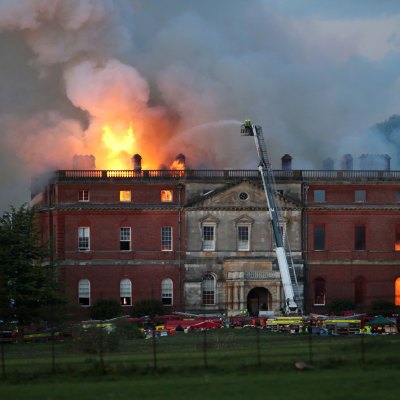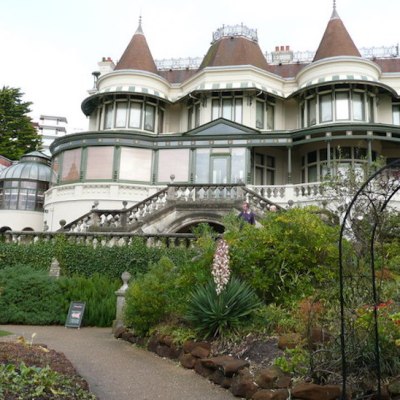From the May issue of Apollo: preview and subscribe here
The general election campaign has so far sparked little, if any, debate about culture or museums. Despite the lack of debate, and the lack of choice, I’m optimistic about the future of museums. In the short term, some museums will certainly close, but the majority will stay open; the museum of the future may look very different from the museum we are used to today, but it will nonetheless exist.
However, we should not gloss over the current funding crisis. In my role as the director of the Museums Association, over the past few months I’ve travelled all over the UK, from Glasgow to Norfolk to Belfast and Cardiff. On many occasions the conversation has inevitably turned to funding or, rather, the lack of it.
Many museums, along with other parts of the public sector, have suffered five years of cuts. Those in receipt of direct government or local authority funding have suffered the worst. Some local authorities have tried not to pass on severe cuts to culture, in the hope that things would get better. But it is now clear that, whatever the outcome of the general election, there will not be any more money available for museums.
In the early days of austerity the current government was keen that museums and galleries raise money through philanthropy and that they develop streams of commercial income. But, although there has been some success in these areas, philanthropy cannot fill the gap entirely. The trouble with philanthropy is that when times are hard, people give less. And it is much harder to raise money outside London. Even with concentrated fundraising efforts, the emphasis on private giving hasn’t been as effective as we would have hoped. We also need to acknowledge that private giving cannot replace public funding. The vast majority of museums and galleries in the UK are in receipt of public funding to one degree or another. If you take that funding away, those institutions have to cut back on something.
So, if we know that there is not going to be any more money, what can be done? There has been much discussion about ‘resilience’ and talk of new business models. ‘Resilience’ is a much-abused term, but I do think that museums need to be economically sustainable – and there does need to be a shift in how they think and behave. There are still too many museums and galleries that are not making the most of commercial opportunities – most are better than they were, but many are still not good enough.
Although all parties retain a public commitment to free entry, after the election the debate that is already taking place behind closed doors will take place in the open. I remain in favour of free entry. It means that our national collections are accessible to everyone. And if it is true that our national museums don’t attract a diverse enough audience, then introducing admission fees will do nothing to fix the problem. While charging does work for some regional institutions, these tend to be the museums that have an established pattern of entry fees and local discounts. However others, such as Novium in Chichester, have found that the introduction of charges can lead to a dramatic reduction in the numbers of visitors.
Some museums and galleries may well need a new business model in the longer term. However, the immediacy of the cuts means that what they need now is a breathing space to deal with pressing gaps in their budgets. In circumstances where significant museum services might close, it is reasonable to expect some kind of intervention from funding bodies – beyond the lobbying and private conversations that are already taking place.
Our national institutions also have a role to play in this crisis. They have a duty to share their collections, expertise, skills and resources. Regardless of what proportion of their income comes from the public purse,
we are all contributing to their funding – whether we live in South Kensington or South Yorkshire. Being a national museum means looking after a national collection – and it also means having a responsibility to audiences throughout the UK.
Collaboration with other organisations including those in the third sector, with higher education institutions, and with community organisations can increase the effectiveness of what museums can do, as well as providing valuable additional resources.
But we also need to take a longer view. The Museums Association is calling for a review of funding and for a more coordinated approach from funders. The time has come to stop running away from the idea of a national strategy for museums and to start creating one.
Sharon Heal is the director of the Museums Association.
Click here to buy the latest issue of Apollo
Related Articles
Regional museums are in crisis: can they survive? (Thomas Marks)
Hard times for the UK’s regional museums (Jack Wakefield)
Arts Council funding: winners and losers
Lead image: used under Creative Commons licence (CC BY-SA 4.0; original image cropped)



